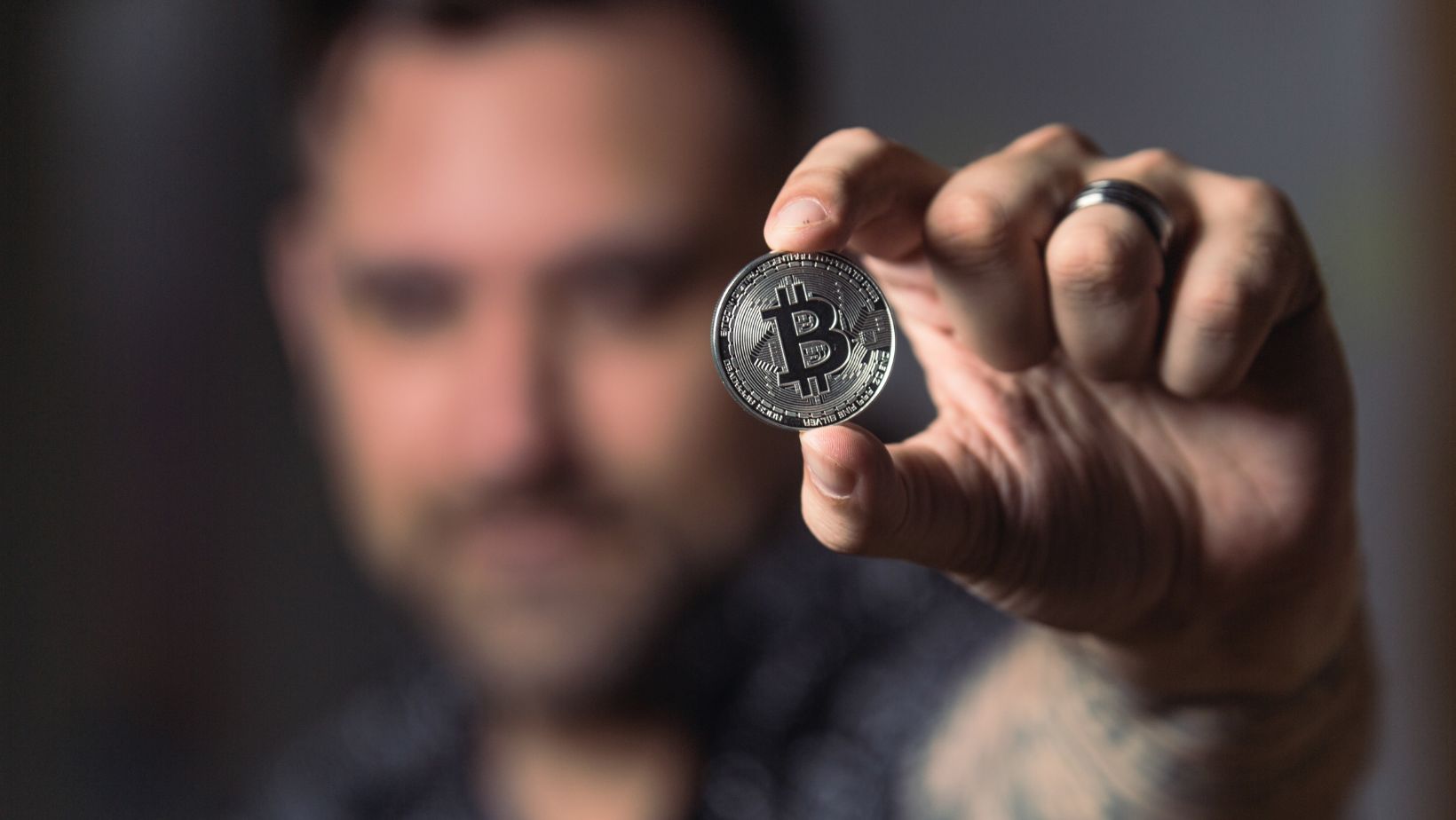Blockchain is one of the latest technology developments that can be effortlessly introduced in numerous industries, from healthcare and education to real estate and supply chain management. Some of the core features of blockchain that make it useful include immutability, decentralization, and distribution, putting the base to advanced networks.
Blockchains were created before cryptocurrencies, but they’ve been considerably improved since Ethereum came to the market and introduced smart contracts and other tools for developers. Consequently, these new features positively affected the Ethereum price USD since Ether was solely used by developers on the blockchain who created and used NFTs, DAOs, and dApps.
But these multiple tools are incredibly efficient within the entertainment industry, where NFTs come in collections, dApps are used for decentralized social media platforms, and artists get a new and fair way to receive income. So, here are some use cases of blockchain in the media.
Blockchain Ensures Intellectual Property
Intellectual property is one of the most underrated rights of artists and creators. It has recently received more attention from the media since artists got their creations stolen for profit. IP ensures customers that products are authentic and high-quality while paying attention to the creator and its efforts.
With blockchain, intellectual property can be improved in media, for instance, against piracy, a common practice of recording and uploading paid content to websites where users can freely use it. This illicit method of getting free content affects a company’s or independent artist’s revenue but, without a doubt, affects how customers perceive the value of creation, such as movies, music, and photographs.
Blockchain leverages tamper-proof ledgers and protocols of advanced security that protect the intellectual property of any artist, so no one can actually share or use the content without authorization. This is especially true with NFTs, which are assets that can only serve one owner at a time.
Blockchain Offers More Transparency
Transparency in the media and entertainment industries is still widely discussed as scarce, especially when it comes to taking companies accountable for exploiting artists. However, this would not be possible with blockchain technology because any user can basically see anything on the network, from the transactions made to the newly created and curated content forms.
Everything on blockchains is recorded and tracked in real-time, which offers more reliability and trust for customers and helps artists receive their deserved royalty payments. At the same time, content recorded on the blockchain can never be altered or deleted, which minimizes the chances of fraudulent or illegal activities.
Hence, it’s also easier for clients to be assured that their contribution goes to the specific artist instead of reaching the mother company. Therefore, independent artists are encouraged to continue their activities, and customers will receive better qualitative NFTs or dAps.
Blockchain Helps Establish a Fair Compensation System
In the media and entertainment industries, getting paid can sometimes be a menace because businesses don’t realize how much input the artist has for the final product. This hinders a fair monetization system. If we take the example of manga animators, we can see how valuable skills will be underpaid due to a considerable supply of their working force.
Luckily, with blockchain, any type of artist can receive income based on their work and competencies since no middlemen are involved, and they’re directly paid for NFTs or virtual real estate. This works due to smart contracts, an excellent feature of the digital world, where selling and buying are made through contracts that come with specific requirements. Once all requests are settled, the contract automatically ends, and each part receives the money and the content document.
Smart contracts ensure a fair stream of revenue that can indeed be achieved with hard work and enough media coverage. Hence, if creators become famous on social media and establish themselves as an audience, they have greater chances of selling their creations without being hindered by intermediaries.
Blockchain Expands Business Models
The traditional business models used to have grown old, leading to strikes from actors and writers. That’s why we, as a society, need better work conditions and strategies, even for the entertainment industry and media, because the people behind the scenes are usually overworked and underpaid.
But blockchain changes it all, especially with its marketplace models. Creating a new marketplace with the Ethereum blockchain, for instance, is efficient from many perspectives, but what’s most important is that no go-between personnel is implied to take advantage of the ecosystem, which leaves nodes and validators the only to ensure the platform’s security.
Here, people can interact freely and even use the blockchain to tokenize their assets. Everything from real estate, art, and financial assets to intellectual property can be tokenized, so if it’s of real value, it can be sold or bought in the form of an NFT.
The Underlying Role of NFTs in Entertainment
Without NFTs and smart contracts, creating such seamless transactions would be challenging. By transforming anything into a unique digital asset, be it a gift card or a domain; blockchain helps revolutionize the entire financial system, which is currently hindered by bureaucracy and corruption.
Indeed, blockchain has its challenges that must be tackled, such as the risk of centralization. Still, human-based errors are less prominent, meaning biased decisions will be less present in such ecosystems. Hence, artists and content creators will be able to freely and objectively represent their creations and sell them efficiently without much fuss. Given that NFTs’ value increases or decreases depending on certain factors, creators can improve their approach or reinvent themselves because blockchains welcome any developer.
Bottom Line
Blockchain in the entertainment industry has primarily been perceived as less applicable since the media was bombarded by the Bored Ape collection and the selling of digital land, which seemed silly then. However, as crypto and blockchain technology got adopted by several more countries and people are seeing their value, developers have made it possible for these ecosystems to help artists, from singers to graphic designers, to find their voice and platforms and create a consistent and fair income.
















